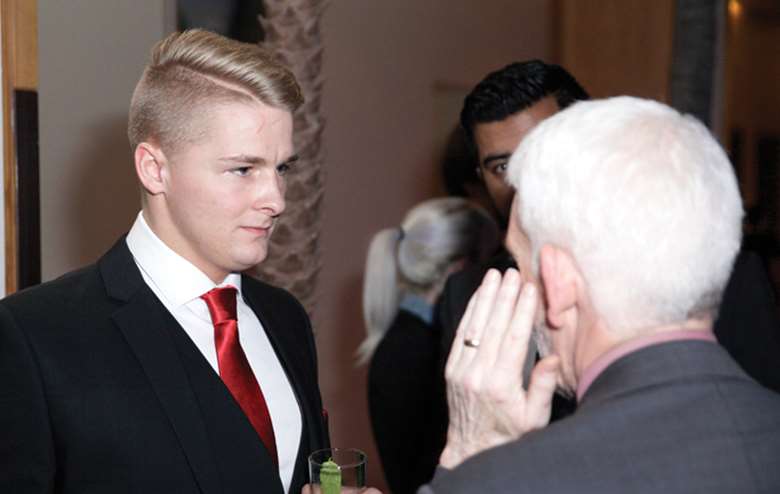Councils can be the glue in minister's youth work vision
John Freeman
Tuesday, December 17, 2013
Former director of children's services John Freeman on local authorities' youth work responsibilities.

In January, Michael Gove made the most dismal statement of the present parliament when he said that youth policy was "not a central government priority". This was not surprising, as he had never shown any interest in youth work. In July, youth policy was transferred to the Cabinet Office, showing that there is a youth lobby buried somewhere deep inside the coalition. But when an old Etonian and ex-member of the Bullingdon Club, Nick Hurd, was given responsibility, a lot of people thought there were not many more nails left to hammer into the coffin of youth work.
My expectations were low, then, when I saw Nick Hurd was to speak at the Children & Young People Now Awards. I was expecting a non-speech of the sort that I have heard too often over the years. But against all expectations, Hurd was articulate and passionate about youth work, speaking in an engaging way about his recent direct experiences, and a clear focus on the young people who need this service the most. He has visited youth work in areas with a strong gang culture, areas where the dysfunctional social relationships and routine sexual violence described by the deputy children's commissioner Sue Berelowitz are endemic. What he said showed a real understanding of the issues. While there is many a slip between the cup of understanding and the lip of action, I would rather have a minister in the Cabinet Office who cares about the issues than one in the Department for Education who does not.
While youth policy was in limbo at the Department for Education, there was no pressure on local authorities to prioritise youth spending, notwithstanding all the evidence that youth work can and does change lives, helping young people build resilience and develop effective social relationships. Far too many local authorities cut youth services to the bone and left the voluntary and community sector to pick up the pieces. It is not that local authorities have done this thoughtlessly, but it is just easier to cut areas where the government has said it is not interested. Extreme pressures on budgets and lack of national profile have led to reductions, even though youth services are demonstrably an effective part of early intervention and prevention, philosophies to which we are all signed up, at least in principle. So I welcome Nick Hurd's approach in championing youth services, particularly in areas of deprivation, high youth unemployment and social breakdown.
At the Awards, I met a young man, Luke Rodgers, who had grown up with foster parents and who had, almost by chance, discovered in himself an aptitude for public speaking, and working with others. He is now a social entrepreneur, working with young people who have been fostered to develop their public speaking skills so that they can effectively present their stories to social workers in training (see www.lukespeaks.com). His work is largely funded through the universities that deliver the training. For me, this ticks all the boxes - working with a group of young people who typically underachieve, and using a combination of traditional training, coaching and mentoring, he is helping young people develop presentation skills, self-confidence and self-assertiveness, and an ability to work with and train others. It seems to me that the young people engaged with this programme will develop key life and employability skills.
That conversation about a particular niche activity led me to reflect on local authority youth work and its relationship with the voluntary and community sector and social entrepreneurs such as Luke. Local authorities and other agencies have to work together to fill the gap where existing local capacity is too limited to deliver. This needs a tapestry of targeted provision so that no young person who needs support is just "left to it" to find their own way through to adulthood. Without such provision, some young people will succeed against all the odds, of course, but many more will not, with enormous long-term social cost. The point about a tapestry is that it is designed and stitched together, and someone makes sure there are no holes. Local authorities have the moral duty to ensure their youth services, supported by the voluntary and community sector, and social entrepreneurs like Luke, deliver to the young people who need it most.
Nick Hurd needs to re-frame the debate so that youth work is recognised across government as being an investment, not a luxury.
John Freeman CBE is a former director of children's services and is now a freelance consultant Read his blog at cypnow.co.uk/freemansthinking




